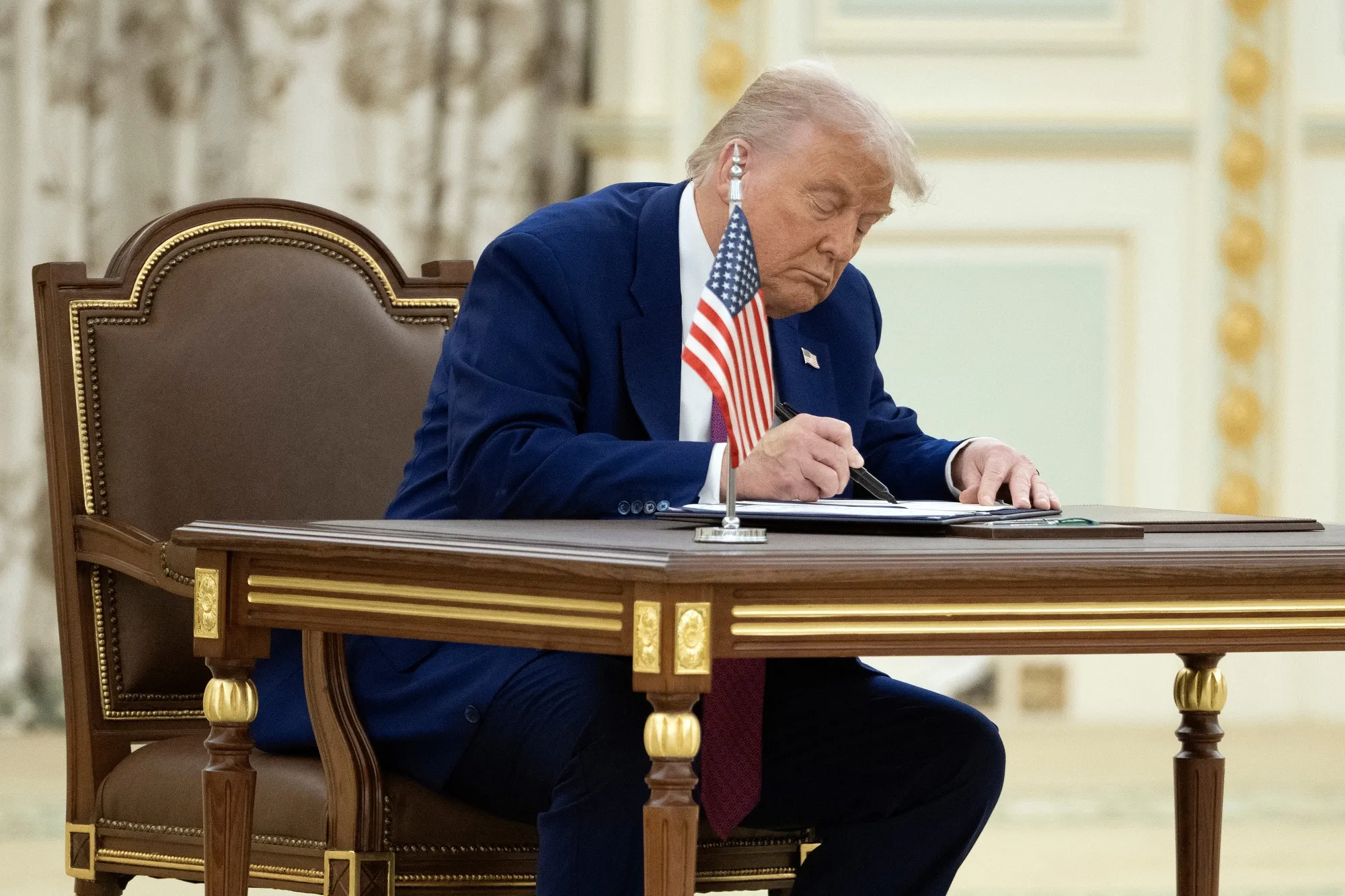Trump’s AI Playbook Has Napoleon Written All Over It
In a replay of the early 1800s, China is looking a lot like the crafty Brits and the US like the doomed French.
By Tobin Harshaw, Bloomberg Opinion Columnist
Throughout history, trade barriers have been double-edged swords. The problem is, if you initiate sanctions as a weapon, your enemies will inevitably find ways around them: wooing stronger friends, launching reciprocal punishments, finding black markets, or other creative solutions. When the Megarians of classical Greece were banned from Athenian markets because they trod on some goddess’s sacred soil, they wooed Sparta and triggered the Peloponnesian War — which did not end well for democracy.

Likewise, the Oil Shocks of the early 1970s spurred the US to innovate on fuel efficiency and trade in gas guzzlers for Japanese compacts. US sanctions against Cuba have forced the island to become self-sufficient in various products. Perhaps nobody learned this lesson in unintended consequences better than Napoleon. His Continental System, a plan to shut Britain off from trade with Europe, is an object lesson. It might have seemed like the UK, an island nation dependent on trade, would be an easy target for an embargo. However, the skill, bravery, and determination of the Royal Navy, along with innovators like Marc Isambard Brunel, played crucial roles in countering the blockade.
The historical parallels to today’s trade dynamics between the US and China are striking. As we continue to navigate the complex landscape of modern trade wars and technological competition, understanding these historical lessons becomes increasingly important. The unintended consequences of our actions today could shape the global economic landscape for years to come, just as they did in the early 19th century.


